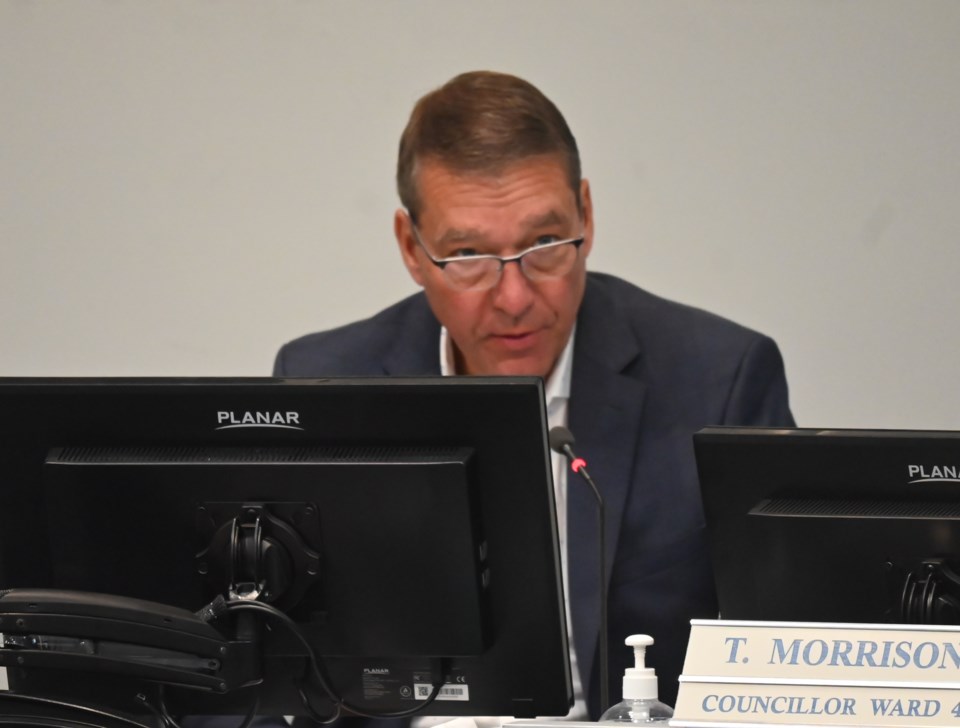Newmarket ratepayers can expect their stormwater bills to go up significantly over the next few years as the town tries to address a funding gap.
Council directed staff to bring back a phased-in increase to meet sustainability in stormwater funds over three years. With the one-year figure being at $255, residents could see a more than $80 increase in what they pay for stormwater each year for the next three years.
Staff brought forward options to draw from water and wastewater reserves or phase in an increase over a long period. But Newmarket Mayor John Taylor said that with climate change and bigger storm events, the town should move more quickly to ensure it can fund its stormwater infrastructure.
“It won’t be a popular increase,” Taylor said but added that “the other thing that won't be popular .... (is) an entire street and every basement in a street under water. You looking at communities around us, we’re seeing that in places. We’re in a tough spot.”
With a funding shortfall brought about by inflationary pressure and York Region raising costs for water treatment, staff indicated in June that a one-time, $25-million transfer from water and wastewater reserves into stormwater is needed to stabilize rate increases. Council asked for other options to fund the gap, and Taylor said it is not right to take that much from waste and wastewater.
“We’ve done a lot of work to get our reserve levels up in water and wastewater over many years,” Taylor said. “I would hesitate to want to take a step backward in that area.”
Councillor Victor Woodhouse said a major flooding event had happened in recent memory. In 2006, many homes along Avenue Road were flooded, costing millions he said might have been reduced with better foresight.
“Climate change, the effects of it, the impacts on communities is clear to most people,” Woodhouse said.
Staff will still have to bring back a precise number on storm water bills over the next three years. Meanwhile, in the water and wastewater category, the town plans to maintain an annualized 3.5 per cent increase, amounting to an average of $48 per year.
Taylor said how to handle climate change is under debate, but municipalities are bracing for upcoming storm events.
“The debate across the country about climate change and what can be done to mitigate climate change that’s different than how do you manage or respond to events. The events are real,” Taylor said.
